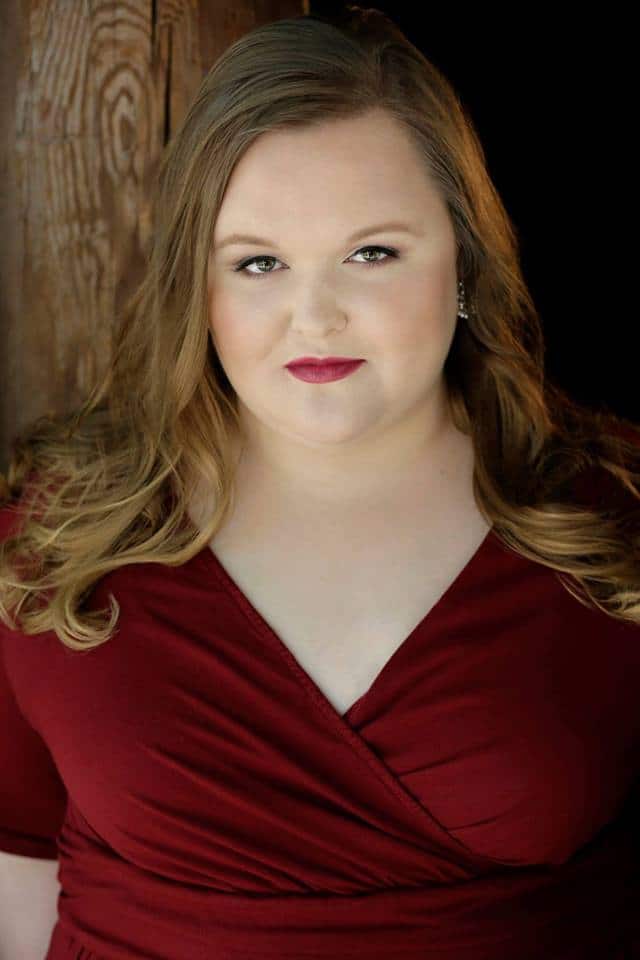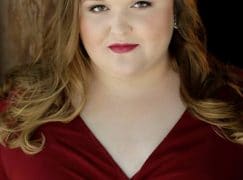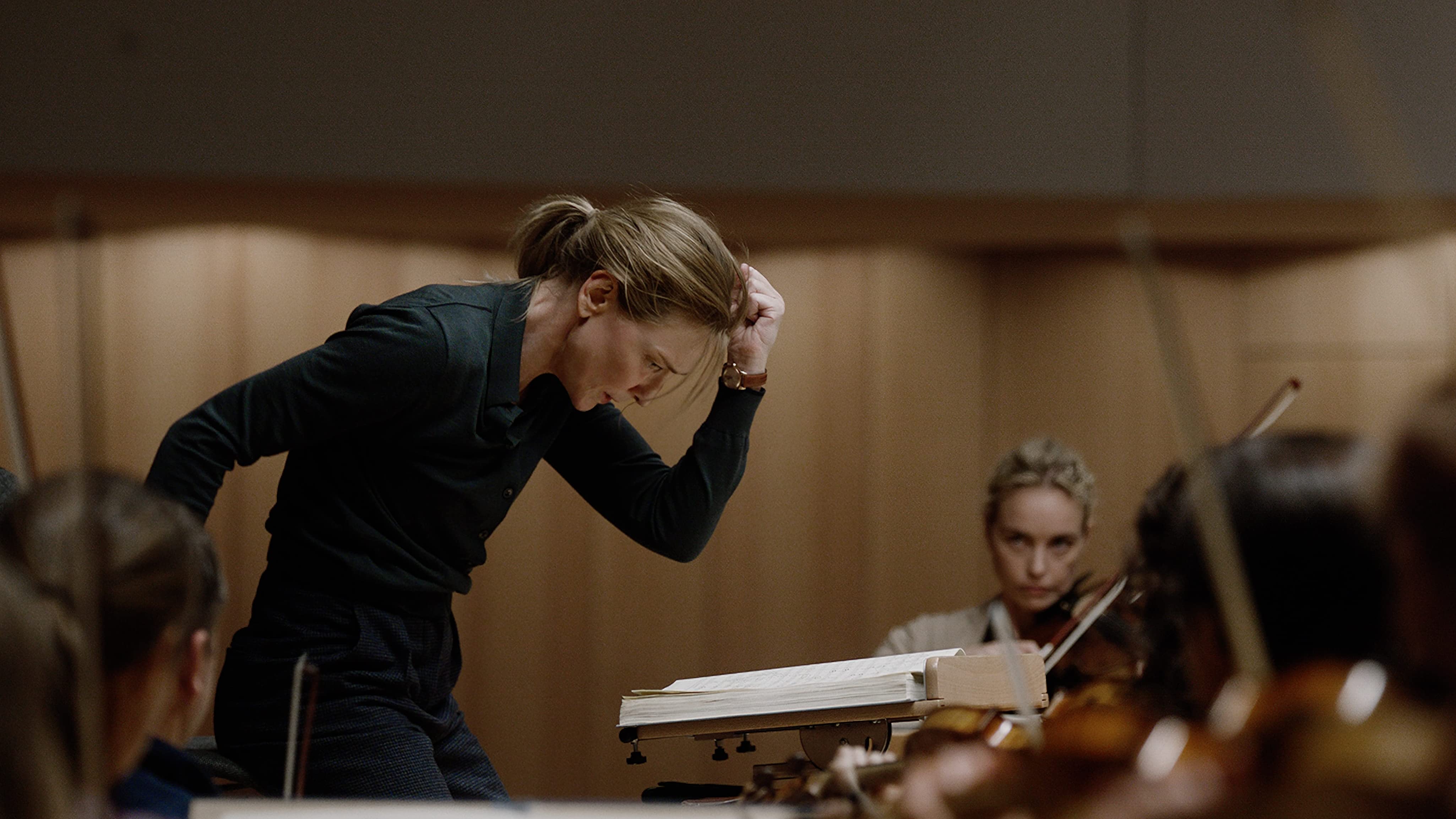Nine are named to compete for Met auditions
mainNine finalists have been named in the Metropolitan Opera National Council Auditions, a showcase that has launched the likes of Renee Fleming, Thomas Hampson and Frederca von Stade.
This year’s contestants are:
Danielle Beckvermit, Soprano, Eastern Region
Ashley Dixon, Mezzo-Soprano, Northwest Region
Jessica Faselt, Soprano, Upper Midwest Region
Megan Grey, Mezzo-Soprano, Upper Midwest Region
Gretchen Krupp, Mezzo-Soprano, Central Region

Madison Leonard, Soprano, Middle Atlantic Region
Emily Misch, Soprano, Eastern Region
Carlos Santelli, Tenor, Western Region
Hongni Wu, Mezzo-Soprano, Eastern Region






Comments